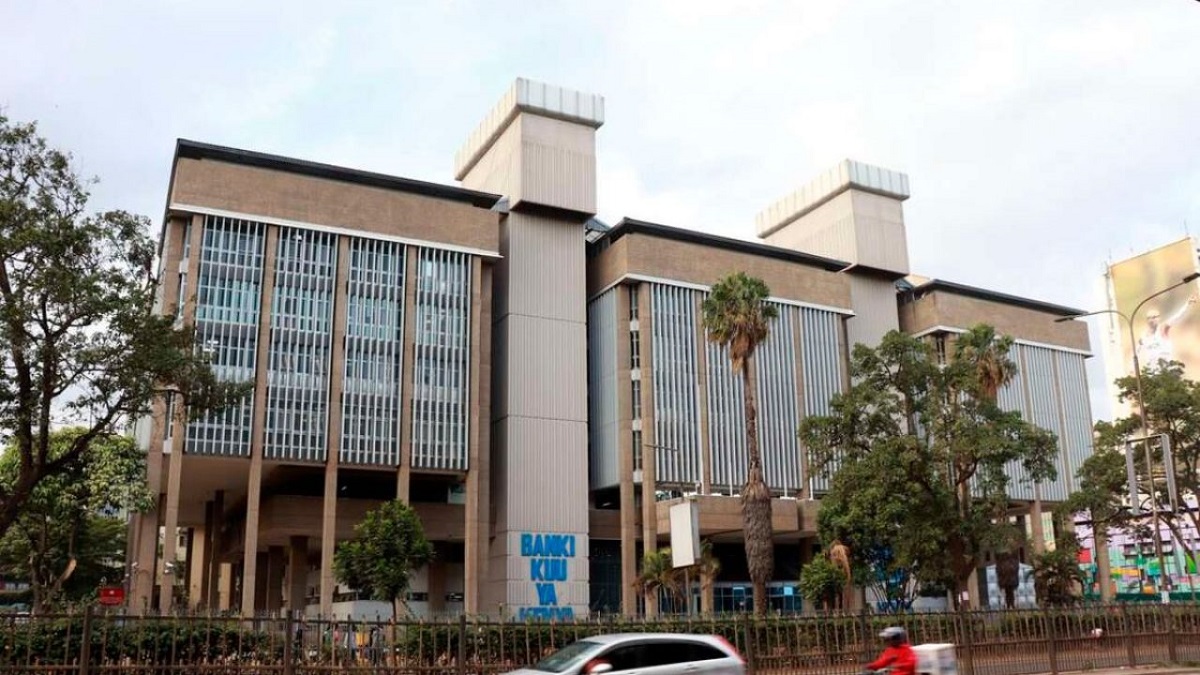Rent for small income households in Kenya is rising faster as compared to the other levels, pushing poor families to the edge. Most poor families, especially in Nairobi, live in single rooms or one bedroom houses which cost between Ksh 3,098 and Ksh 12,390.
The worst-off live in slums in tin or mud houses where a single room shack goes from between 4 dollars and 10 dollars. Rent at the low income level has risen by at least 5% in the last one year, new data from the Kenya National Bureau of Statistics (KNBS) shows.
The upward trajectory is registered even as rent for the households in the middle and upper level incomes stagnate during the same period.
In September last year, low income families in Nairobi were paying for a single room Ksh 3,924, according to the KNBS.
However, at the end of last month, the rent had hit Ksh 4,233 with the biggest jump being recorded between August and September at 1.7%. During the one month, rent for the single room rose from slightly above Ksh 4,026 to Ksh 4,233.
“Most of my income goes to paying rent that I am wondering if I would be able to continue living in this city in the next two years,” said stone mason Andrew Muyori.
SEE: Why You Should Buy a House Instead Of Renting it
Muyori lives in Kayole, a mixed low and middle income estate, on the east of Nairobi. Rent in the residential area for a single room currently averages Ksh 4,646.
“When I came to Kayole two years ago, I was paying for the room in which I stay in with my two children 30 dollars (Ksh 3,098) but during the period it has now increased to 42 dollars (Ksh 4,337) ,” said Muyori, adding that some landlords are charging up to Ksh 5,679 for single room houses.
Those who are charging higher have tiled the houses, which are spacious and the facilities are still new.
The rent comprises of up to 60% of his income, according to Muyori, who works at different construction sites in Nairobi, earning between 3 and 4 dollars (Ksh 310 to Ksh 413) a day.
On the other hand, rent for one bedroom houses stands at between Ksh 8,260 and Ksh 12,390 while for two-bedroom houses, at between Ksh 14,455 and Ksh 17,553.
The same is the case in the neighbouring Umoja estate and Rongai in Kajiado county on the outskirts of Nairobi. However, for two-bedroom houses, things are different.
“I have been paying 150 dollars for my two bedroom house in Rongai for the past two years and the last time the landlord attempted to increase, people left so he has not tried.”
SEE: 10 ways to control high blood pressure without using medicines
Only three of the 16 houses in the four-storey flat are empty, and the reason is that the rent has not gone up, said Mary Wangai, an administrative assistant.
In the estate, Wangai said single rooms go for up to Ksh 6,195 and they are hard to find since demand is high as compared to the other houses.
Some 80% of Kenyans living in urban areas such as Nairobi do not stay in their houses, according to HassConsult, a real estate firm.
The firm in a recent report noted that tenants in the country pay one of the highest proportion of income in rent than their counterparts in any other part of the world.
Related: Rent defaulter shoots landlord for locking his door
Therefore, any case of rent rise pushes up inflation especially for the poor households. In September, an increase in rent was among the contributors of a higher inflation which stood at 7.1%.
“Housing, water, electricity, gas and other fuels’ index decreased by 0.16 percent. This was mainly due to notable decrease in the cost of electricity which outweighed observed marginal increases in the cost of house rents and cooking fuels,” noted the KNBS.
Antony Kuyo, a real estate consultant with Avent Properties in Nairobi, blamed the rising rent at the lower level to surging demand.
“Demand is highest at that level because a good number of people are beginning life therefore single rooms come in handy. And these people are the majority in Nairobi as they migrate to the capital in search of jobs,” said Kuyo.













Leave a comment